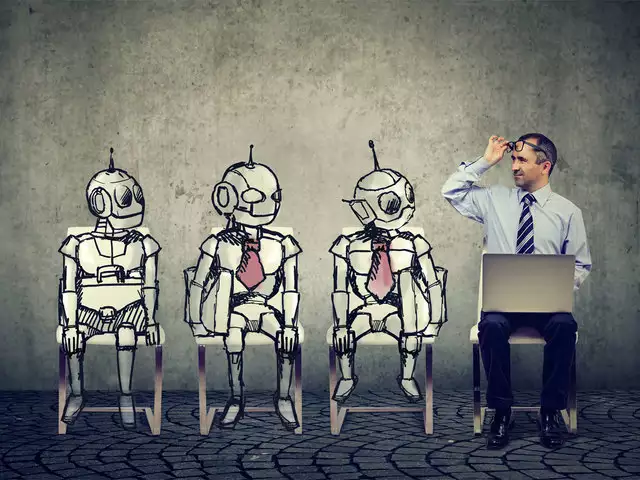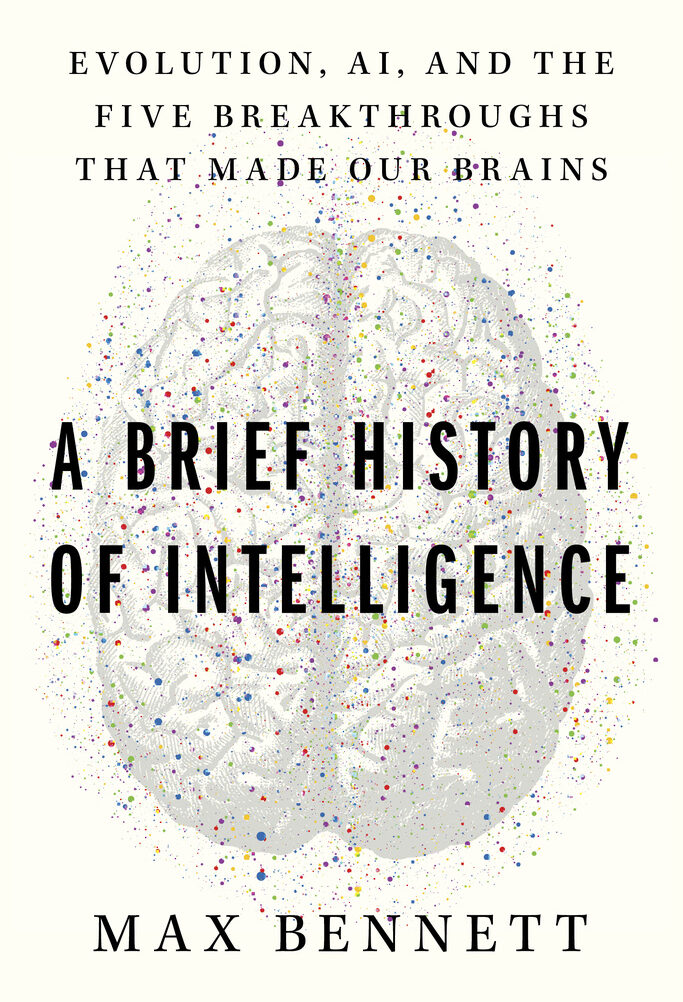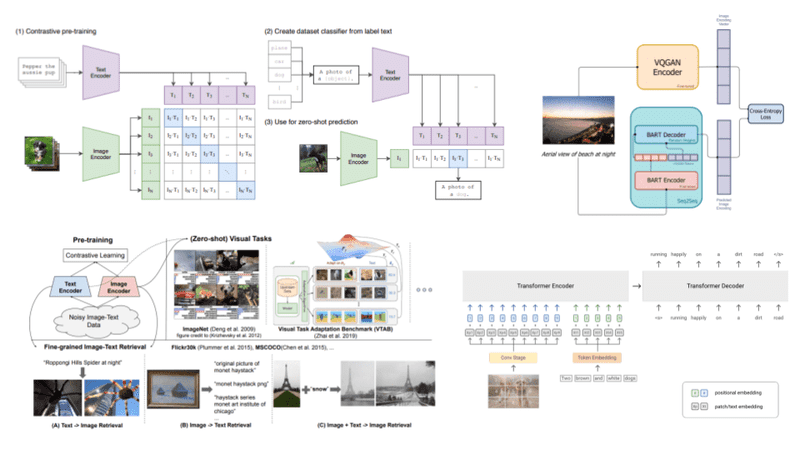
-
Table of Contents
- Introduction
- The Ethical Implications of Artificial Intelligence Replacing Human Jobs
- How to Prepare for a Job in an AI-Driven Economy
- What Industries are Most at Risk of Automation?
- The Pros and Cons of Artificial Intelligence Taking Over Jobs
- How Artificial Intelligence is Changing the Workforce
- Conclusion
“Don’t be left behind – Prepare for the AI Revolution!”
Introduction
Artificial intelligence (AI) is rapidly becoming a major force in the modern workplace. As AI technology advances, it is increasingly being used to automate tasks that were once done by humans. This raises the question: Is artificial intelligence coming for your job? In this article, we will explore the potential impact of AI on the job market, and how it could affect your career. We will also look at the potential benefits of AI, and how you can prepare for the future of work.
The Ethical Implications of
Artificial Intelligence Replacing Human Jobs
The advent of artificial intelligence (AI) has brought with it a host of ethical implications, particularly in regards to its potential to replace human jobs. AI has the potential to automate many of the tasks that humans currently perform, leading to a decrease in the need for human labor. This raises a number of ethical questions, such as who will be responsible for the displacement of human workers, and how will those affected be compensated?
The ethical implications of AI replacing human jobs are complex and far-reaching. On the one hand, AI can be used to automate mundane and repetitive tasks, freeing up human workers to focus on more creative and meaningful work. This could lead to increased productivity and economic growth. On the other hand, AI could lead to job losses and a decrease in wages, as employers may be able to replace human workers with AI at a lower cost. This could lead to increased inequality and poverty, as those who are displaced by AI may not have the skills or resources to find new employment.
In order to address these ethical implications, it is important to ensure that those affected by AI-driven job displacement are adequately compensated. This could include providing retraining and job placement services, as well as providing financial assistance to those who are unable to find new employment. Additionally, it is important to ensure that AI is used responsibly, and that its use does not lead to further inequality or exploitation.
Ultimately, the ethical implications of AI replacing human jobs are complex and far-reaching. It is important to ensure that those affected by AI-driven job displacement are adequately compensated, and that AI is used responsibly. Only then can we ensure that AI is used in a way that is beneficial to both humans and machines.
How to Prepare for a Job in an AI-Driven Economy
The world is rapidly changing, and the job market is no exception. As artificial intelligence (AI) becomes increasingly prevalent in the workplace, it is important to be prepared for the job opportunities that will arise in an AI-driven economy. Here are some tips to help you prepare for a job in an AI-driven economy.
1. Learn about AI: To be successful in an AI-driven economy, it is important to understand the basics of AI and its applications. Take the time to research and learn about AI and its potential implications for the job market.
2. Develop your skills: AI is changing the way jobs are done, so it is important to develop the skills necessary to stay competitive in the job market. Consider taking courses or workshops to learn new skills that will be useful in an AI-driven economy.
3. Network: Networking is an important part of any job search, and it is especially important in an AI-driven economy. Make sure to attend industry events and conferences to meet potential employers and learn more about the job market.
4. Stay up to date: AI is constantly evolving, so it is important to stay up to date on the latest developments in the field. Read industry publications and follow AI-related news to stay informed.
5. Be flexible: AI is changing the way jobs are done, so it is important to be flexible and open to new opportunities. Consider taking on freelance or contract work to gain experience in an AI-driven economy.
By following these tips, you can be better prepared for a job in an AI-driven economy. With the right knowledge and skills, you can be successful in this rapidly changing job market.
What Industries are Most at Risk of Automation?
Automation is a rapidly growing trend in the modern workplace, with many industries now relying on automated processes to increase efficiency and reduce costs. While automation can be beneficial for businesses, it can also have a negative impact on certain industries, as it can lead to job losses and a decrease in wages.
The industries most at risk of automation are those that involve repetitive tasks or processes that can be easily automated. These include manufacturing, transportation, retail, and customer service. Manufacturing is particularly vulnerable to automation, as many of the processes involved in production can be automated with the use of robots and other automated systems. Similarly, transportation and logistics can be automated with the use of self-driving vehicles and drones. Retail and customer service are also at risk of automation, as many of the tasks involved in these industries can be handled by automated systems.
Other industries that are at risk of automation include accounting, finance, and legal services. These industries involve complex tasks that require a high level of expertise, but they can still be automated with the use of artificial intelligence and machine learning.
Finally, the healthcare industry is also at risk of automation, as many of the tasks involved in healthcare can be automated with the use of robots and other automated systems. This includes tasks such as medical imaging, diagnosis, and treatment.
Overall, automation is a growing trend in the modern workplace, and it is having a significant impact on many industries. Those industries that involve repetitive tasks or processes are particularly at risk of automation, as these can be easily automated with the use of robots and other automated systems. Other industries, such as accounting, finance, legal services, and healthcare, are also at risk of automation, as many of the tasks involved in these industries can be handled by automated systems.
The Pros and Cons of Artificial Intelligence Taking Over Jobs
The potential of artificial intelligence (AI) to take over jobs has been a source of debate for many years. On one hand, AI has the potential to revolutionize the way we work, allowing us to automate mundane tasks and free up our time for more creative endeavors. On the other hand, AI could lead to job losses and a decrease in wages for those who are replaced by machines. In this article, we will explore the pros and cons of AI taking over jobs.
Pros
One of the main advantages of AI taking over jobs is that it can help to reduce costs for businesses. By automating certain tasks, businesses can save money on labor costs and increase their profits. Additionally, AI can help to increase efficiency and accuracy in the workplace. By automating certain processes, businesses can reduce errors and increase productivity.
Another benefit of AI taking over jobs is that it can help to reduce the amount of time spent on mundane tasks. By automating certain processes, businesses can free up their employees’ time to focus on more creative and meaningful tasks. This can help to increase job satisfaction and morale in the workplace.
Finally, AI can help to reduce the risk of human error. By automating certain processes, businesses can reduce the risk of mistakes being made, which can help to improve safety in the workplace.
Cons
One of the main drawbacks of AI taking over jobs is that it can lead to job losses. As machines become more advanced, they can replace humans in certain roles, leading to job losses and a decrease in wages for those who are replaced.
Another potential downside of AI taking over jobs is that it can lead to a decrease in job satisfaction. As machines become more advanced, they can take over more complex tasks, leaving humans with fewer opportunities to use their skills and creativity. This can lead to a decrease in job satisfaction and morale in the workplace.
Finally, AI can lead to a decrease in wages for those who are replaced by machines. As machines become more advanced, they can take over more complex tasks, leading to a decrease in wages for those who are replaced.
In conclusion, the potential of AI to take over jobs has both advantages and disadvantages. While it can help to reduce costs and increase efficiency, it can also lead to job losses and a decrease in wages for those who are replaced. It is important to consider both the pros and cons of AI taking over jobs before making any decisions.
How Artificial Intelligence is Changing the Workforce
The advent of artificial intelligence (AI) has revolutionized the way businesses operate and has had a profound impact on the workforce. AI has enabled businesses to automate mundane tasks, allowing employees to focus on more complex and creative tasks. AI has also enabled businesses to increase efficiency and productivity, while reducing costs.
AI has enabled businesses to automate mundane tasks such as data entry, customer service, and scheduling. This has allowed employees to focus on more complex and creative tasks, such as problem-solving and decision-making. AI has also enabled businesses to increase efficiency and productivity, as AI-powered systems can process large amounts of data quickly and accurately. This has allowed businesses to reduce costs and increase profits.
AI has also enabled businesses to better understand their customers and their needs. AI-powered systems can analyze customer data and provide insights into customer behavior, allowing businesses to tailor their products and services to better meet customer needs. AI has also enabled businesses to better predict customer needs and trends, allowing them to stay ahead of the competition.
AI has also enabled businesses to better manage their workforce. AI-powered systems can analyze employee data and provide insights into employee performance, allowing businesses to better manage their workforce and ensure that employees are performing at their best. AI has also enabled businesses to better manage their recruitment process, as AI-powered systems can quickly and accurately identify the best candidates for a job.
In conclusion, AI has had a profound impact on the workforce. AI has enabled businesses to automate mundane tasks, allowing employees to focus on more complex and creative tasks. AI has also enabled businesses to increase efficiency and productivity, while reducing costs. AI has also enabled businesses to better understand their customers and their needs, as well as better manage their workforce. As AI continues to evolve, it is likely that its impact on the workforce will only continue to grow.
Conclusion
In conclusion, while artificial intelligence is certainly making its way into the workplace, it is not necessarily coming for your job. AI is being used to automate certain tasks and make processes more efficient, but it is not replacing human workers. Instead, AI is being used to supplement existing roles and create new opportunities for people to use their skills in more meaningful ways. Ultimately, the future of work will depend on how we use AI to our advantage.




